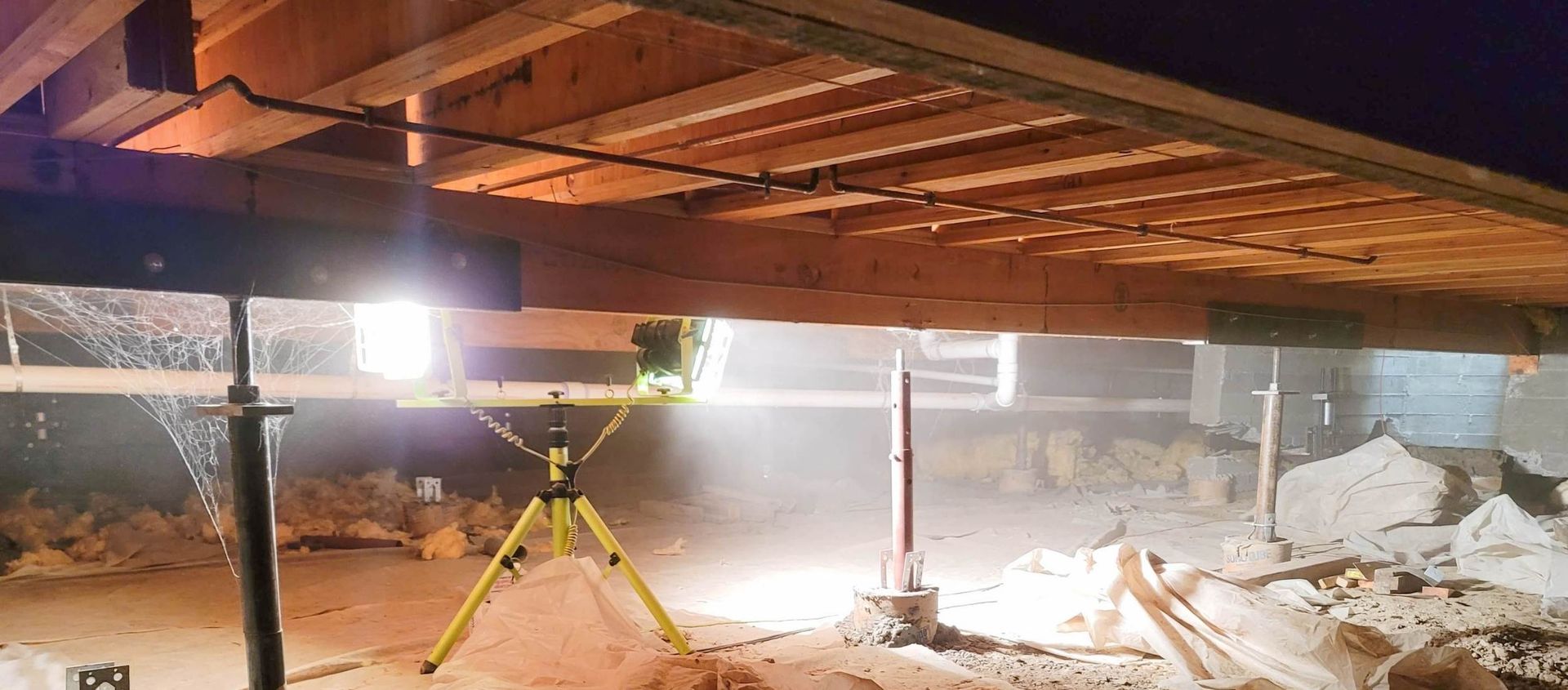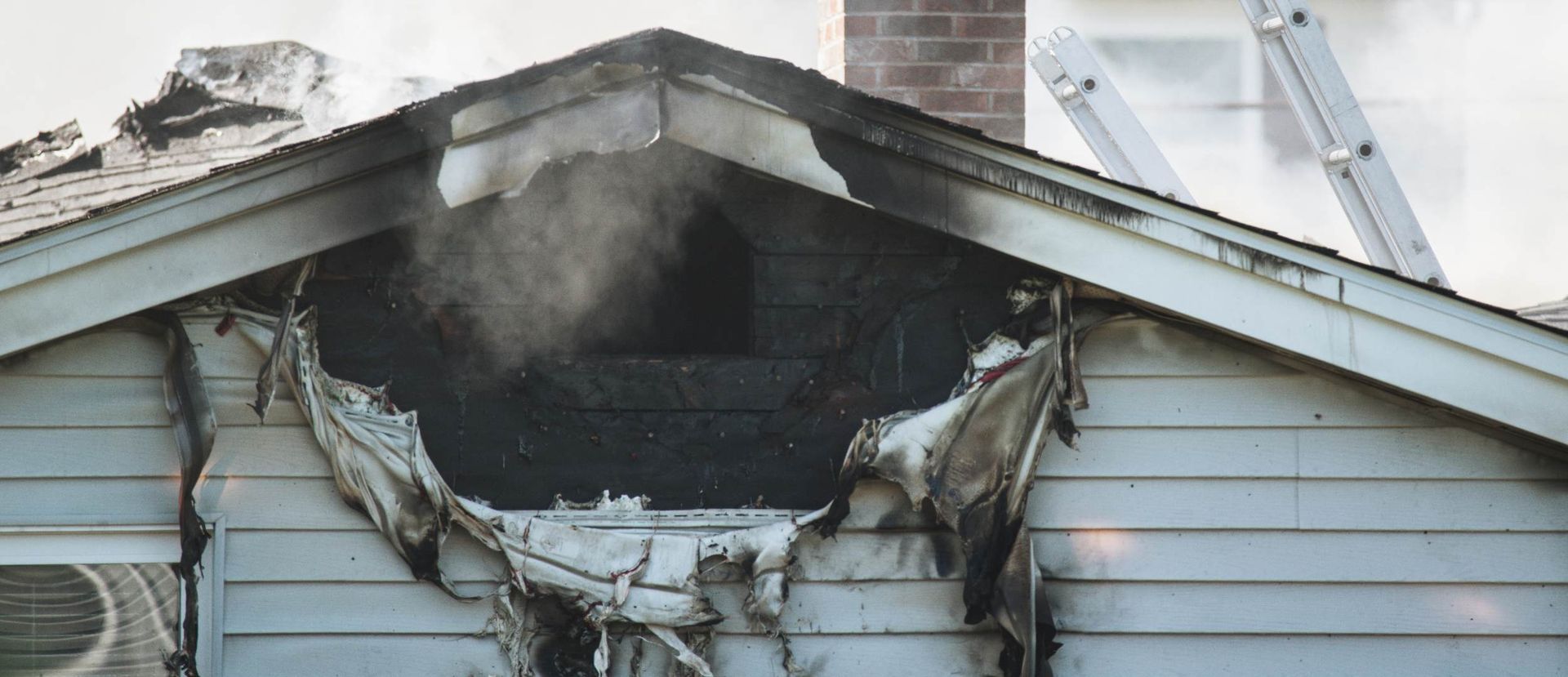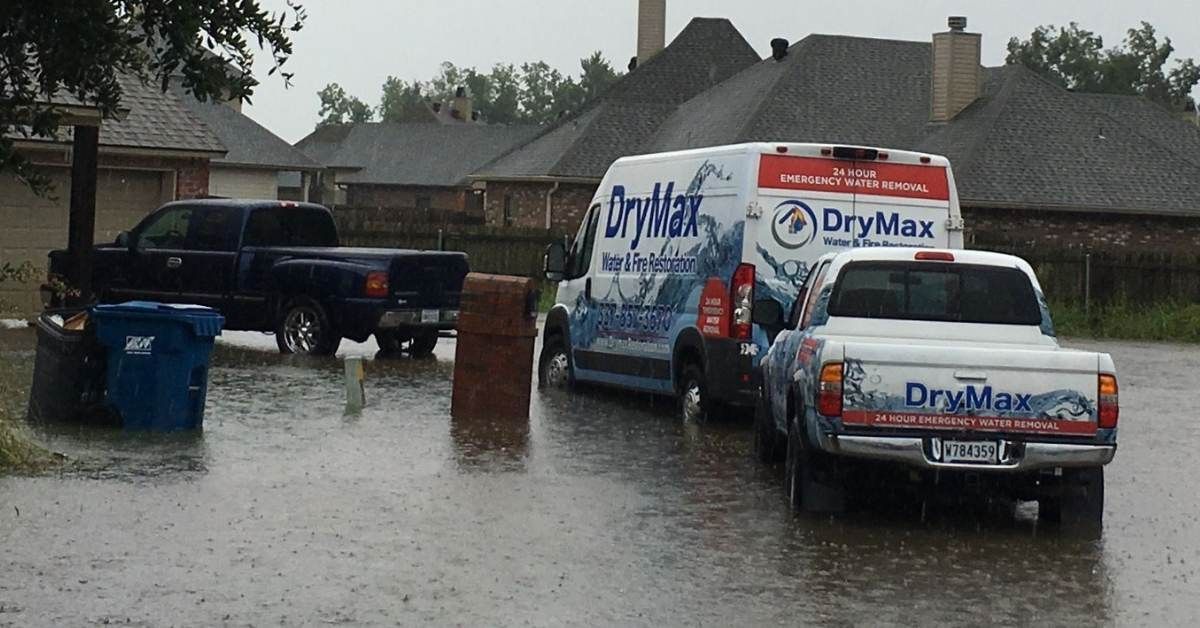The Most Common Causes of House Fires
House fires are incredible devastating, leaving behind a smoky path of ash and damage. As a Louisiana homeowner, the best you can do for yourself and your family is to educate yourself on fire safety. This means understanding the fire hazards in your home and the possible preventive measures. The best way to protect your family and home is to know what can cause a fire and how to prevent the fire in the first place.
Understanding What Causes House Fires to Protect Your Home & Family
Cooking & Kitchen Fires:
Nearly half of all reported residential fires are caused by cooking or cooking-related activities. This makes cooking the leading cause of house fires in the nation. Louisiana homeowners spend plenty of time in the kitchen without ever giving much thought to the potential fire hazards.
- Grease Fires - When grease gets hot enough (about 600 degrees Fahrenheit on average, depending on the specific oil/grease), it becomes very flammable and can spontaneously combust even without direct flame contact. It's incredibly tough to put out grease fires once they've started.
- Small Appliance Fires - Toaster ovens, microwaves, and waffle irons are among some of the other common culprits behind cooking and kitchen fires. Most often fires occur when small appliance are left unattended while cooking or when stored away while still hot.
- Flammable Items - Most kitchens are filled with flammable items like dishcloths, drapes and the clothes on your both. Put all that in close proximity to open flames and combustible appliances, and we have a recipe for potential disaster.
- The majority of kitchen fires happen when a homeowner leaves food cooking on a burner or in an oven unattended. It's frequently too late by the time the fire is found.
Heating Fires:
This includes fires caused by heating appliances (heaters, space heaters, baseboard heaters, etc.), open fireplaces and wood-burning stoves. This is most likely to cause fires in the peak heating months of December thru February. The National Fire Protection Associations reported that home heating fires are most likely to occur during the peak heating months of December thru February. Nearly half of all home heating fires occurs during this period.
- Most fires start because something close to the heat source (such as furniture, boxes or clothing) overheats and ignites.
- Portable or standing space heaters might overhear heat or tip over.
- Dirty, clogged and/or poorly maintained chimneys further increase the risk of fire.
Electrical Fires:
Louisiana homes are filled with electrical appliances, wires and outlets that can malfunction and cause a power surge that leaves your home engulfed in flames.
- The two of the most common electrical fires are:
- 1 - Caused by a short circuit or loose connections that can spark and ignite nearby building materials, or
- 2 - Caused by overloaded circuits that overheat and catch fire.
- For a variety of reasons, these fires cause substantial damage:
- Electrical fires frequently ignite unseen -- either within wall voids or near outlets that are hidden behind furniture.
- With that, these fires given the time to grow and spread before discovery, and the building materials nearby are often highly combustible which rapidly feeds the flames.
- The electrical system in your home is similar to a network of current veins. If one catches fire, it can quickly spread and inflict a lot of damage in a short amount of time.
Fires Caused by Candles:
Whether you fall asleep without extinguishing the flame or the flame comes to close to flammable material -- it is no secret that the open flame of a candle is a fire hazard. If Louisiana homeowners are not careful, a lit candle can easily ignite something nearby and leave you and your family in danger.
- Over a third of candle related fires start in the bedroom. This is mostly the result of the open flaming coming into contact with the combustible materials nearby – flammable sheets, pillows, curtains, etc.
- Most people are unaware that flames can leap, which means that even if the candle does not come into direct contact with a flammable item, it can still spark a fire.
- The NFPA reports that candle fires are most during the months of December and January (particularly around the holidays).
- If left within reach of children, matches and lighters used to light candles are just as harmful.
Fires Caused by Smoking:
This includes all smoking materials like cigarettes, pipes, and cigars. Though traditional (light-a-cigarette) smoking is starting to fall out of trend with growing health concerns. Smoking still accounts for a considerable number of house fires.
- Fires can ignite from lit smoking materials (cigarette butts, cigar butts, etc.) being dropped on carpeting, furniture, or other flammable materials.
- Partially lit smoking materials left unattended can come into contact with nearby flammable material and ignite a fire.
- Louisiana homeowners may be surprised to learn that e-cigarettes have been known to cause house fires as well -- usually when the devices were being used or left unattended to charge. Their batteries have been known to become unstable and explode. Never leave a unit charging when you are not in the room or away from home.
Fire Prevention Tips for Louisiana Homeowners
- Install and maintain smoke alarms
- Keep and maintain fire extinguishers
- Educate children on fire safety
- Always supervise children
- Do not give children easy access to matches, lighters, or other fire sources
- Do not leave candles, lit stoves or other open flames unattended
- Make sure any portable heaters are sturdy and securely placed at least 3 feet away from anything flammable.
- Routine assess and maintain all chimneys, grills, furnaces, and other heating equipment
- Never leave cooking unattended
- Be careful with power and cords—consult a licensed electrician if you have concerns regarding your electrical system.
- Make sure your electrical system is not being over-taxed.
- Inspect wires. If you find any worn or exposed wiring from appliances, discontinue their use immediately.
- Turn off and unplug all appliances when not in use
- Smoke outside and extinguish smoke materials in a fireproof ashtray
Local Fire Restoration Professionals in Louisiana
Despite all the safety education, planning and precautions, some disasters are inevitable. In the event of a house fire, you will need to consult a professional restoration company to help in the aftermath. DryMax Restoration has the years of experience and technical skills to help you and your family recover from a residential house fire. Our local experts provide the professional fire damage restoration and smoke damage restoration services when homes are devastated by fire. Contact DryMax Restoration if you and your family are in need of restoration services after a residential fire.




